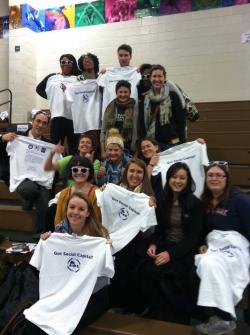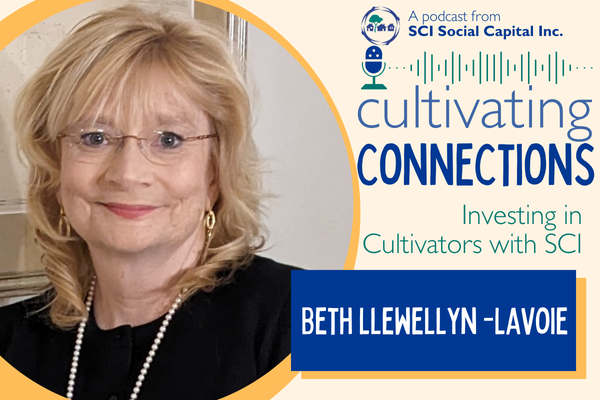Millennials Finding Their Own Ways to Engage

I read data about the Millennial generation with great interest. Sure, size has something to do with it. Now the largest and most diverse generation of Americans, Millennials are positioned to have a big influence on our society. The majority of our AmeriCorps members fall into the Millennial category, so learning about this group is pretty relevant for this Gen Xer. In addition, this generation is very interesting when it comes to social capital related data.
Last month, Pew Research published “Millennials in Adulthood: Detached from Institutions, Networked with Friends” based on their latest survey data. The title captures well the mixed story when it comes to Millennials and social capital. For much of our history, institutions ranging from churches to civic groups like the League of Women Voters have played a central role in forging local ties among citizens. In addition to developing relationships, community institutions have provided a venue for developing civic skills such as debating issues and listening to the opinions of our fellow citizens. In “Diminished Democracy“, Theda Skocpol points to the decline of such local institutions as a central factor in recent drops in civic engagement.
The recent Pew study is the latest in a number of studies showing that Millennials are not inclined to engage with institutions as much as previous generations. Going to church, getting married and joining political parties are among the significant social institutions Millennials embrace at lower rates than others. Reading the work of authors such as Skocpol and Robert Putnam’s Bowling Alone, we might think lower institutional participation might result in a drop in other civic indicators. Yet other studies suggest Millennials are finding their own way to participate. For instance, a study from trom the Achieve and the Case Foundation suggest that “Millennials support causes, not institutions. This survey found 73% of Millennials had volunteered in the past year, and that they were motivated to do so because they felt they could make a difference on an issue they cared about, and that they valued serving with like-minded people. Institutional loyalty was less of a factor.
We started SCI shortly after Bowling Alone detailed a big drop in civic engagement during the last quarter of the 20th century. One key factor Putnam points to in that book is diminshing levels of civic engagement across the generations. The “Great Generation” represented the high point of civic involvement, and each subsequent generation seemed less civically inclined. The data on Millinnials as they move into adulthood suggests that they may not be inclined to participate through the instutions of their grandparents (or great grandparents), but they want to find their own unique ways to make a difference. At SCI, we certainly benefit from highly motivated Millennials seeking to make a difference through AmeriCorps and other opportunities.
Reading up on the inclinations and participation rates of Millennials reminds us that we are part of an evolving story about how we participate in the 21st century. We look forward to working with people across the generations as we seek to write a chapter of civic renewal that embraces the energy and diversity of the Millennials. Stay tuned as we explore this topic further, and we’d love to here your thoughts on it!
